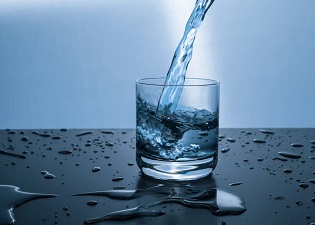Rainwater is not automatically safe to drink. While it can be useful for activities like watering plants, cleaning, or bathing, rainwater can carry germs and contaminants that pose health risks. These contaminants can include bacteria, parasites, viruses, chemicals, and even pollutants like bird droppings or roofing materials. The safety of rainwater depends on factors such as how it’s collected, stored, and treated.
If rainwater is to be used for drinking or cooking, it must be properly treated, which could involve filtration, chemical disinfection, or boiling. However, even these methods may not remove all harmful substances, such as chemicals. To prevent illness, it's best to use rainwater for non-consumable purposes and rely on treated tap water or bottled water for drinking and cooking. Regular testing and maintenance of the rainwater collection system are also crucial for safety.
